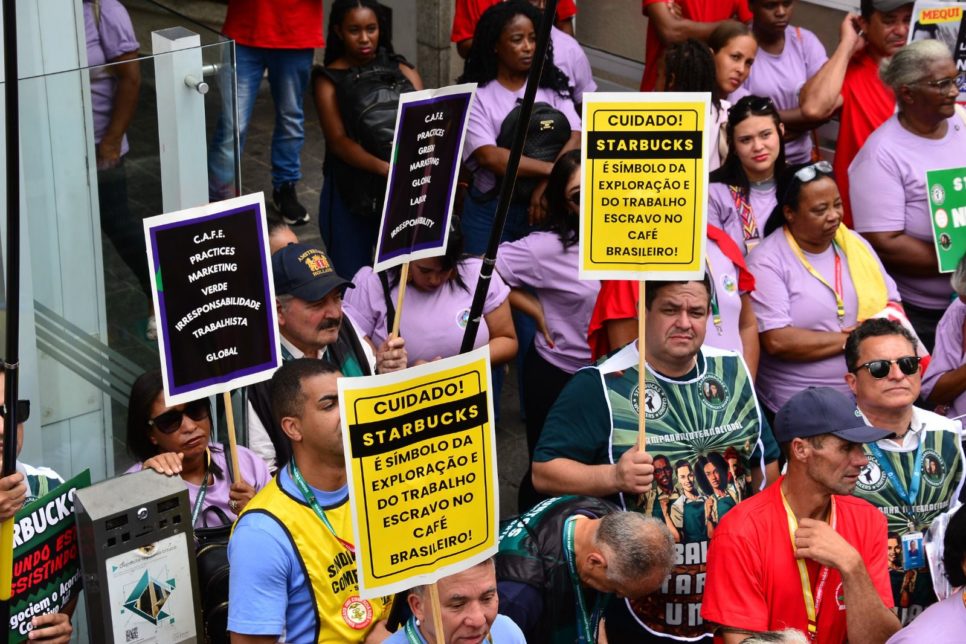Victory for indigenous peoples
Supreme Court confirms right to land ownership for indigenous groups in Mato Grosso

In a unanimous decision, the Supreme Court ruled that indigenous peoples have the right to ownership of their ancestral lands in the state of Mato Grosso. The so-called marco temporal rule for land claims, which poses a threat to this right, was not used as an argument in the ruling. The marco temporal establishes that any indigenous group not occupying its ancestral land when the Brazilian constitution came into force in 1988 would lose its right to the land.
The ACOs (Original Civil Cases) 362 and 366 were filed by the state of Mato Grosso, which was claiming compensation for the indigenous lands of the Xingu National Park and the lands of the Paresi, Nambiwara and Enaewnê-Nawê peoples, called the “Salumã”, “Utiariti” and “Tirecatinga” tribal lands.
The main argument in the two cases was that the lands belonged to the Mato Grosso state government and had been expropriated unlawfully by the federal government and given to the indigenous groups. The federal government and the indigenous communities, meanwhile, claimed that the land never belonged to the state government, since it had been occupied by indigenous peoples since time immemorial.
Read more
One of the expectations had been for the court to issue a ruling on the marco temporal, but this argument was not a decisive part of the case.
“The Supreme Court took an important step to legitimize the rights of indigenous peoples, but we still have a long way to go. The marco temporal rule does not hold water, since the occupation of land by indigenous peoples precedes the Constitution of 1988. It is important to consider that many groups were not on their lands on this date because they had been driven off by the expansion of agribusiness or because they were prevented from returning to their original land,” explained Jefferson Nascimento, Business and Human Rights adviser at Conectas.
Understand the marco temporal:
The reporting judge in the case, Justice Marco Aurélio, defended that land ownership by indigenous peoples involves more than just physical occupation; it also encompasses cultural and intellectual relations besides being a matter of survival. The justices stressed the importance of technical and anthropological documents demonstrating that the indigenous peoples were the original inhabitants of the land. They also said the procedure should observe international jurisprudence on the subject, primarily from the Inter-American Court of Human Rights, and the international human rights treaties signed by Brazil, such as ILO (International Labour Organization) Convention 169, one of the main international instruments dealing with the right of indigenous peoples to traditional lands.
The judgement of the ADI (Direct Action of Unconstitutionality) 3239 was also scheduled for today, but it was postponed indefinitely. The ADI challenges the procedure for the identification, recognition, delimitation, demarcation and titling of lands occupied by descendants of quilombola (maroon) communities. Conectas Human Rights is participating in the case as an amicus curiae.






